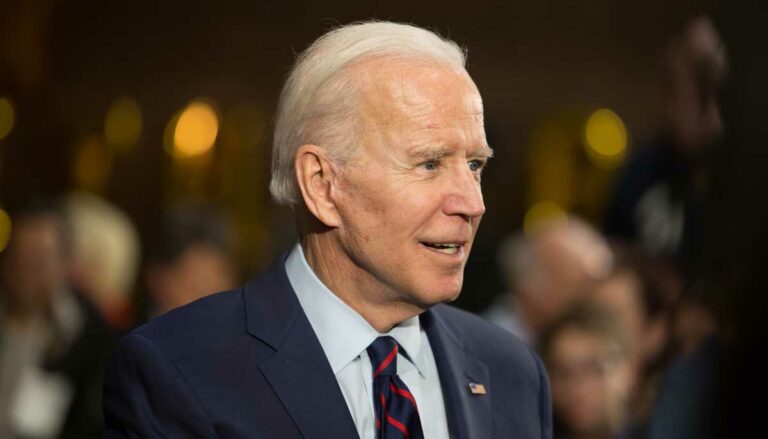President Joe Biden on Monday will meet with ten Republican Senators who have proposed a bipartisan COVID relief bill. The ten Senators who have expressed interest in the bill are noteworthy because they represent a supermajority, if they vote with Democrats, and could pass legislation with a filibuster-proof majority. However, the COVID relief bill they have proposed is much, much smaller than Biden’s: $600 billion.
Mainly, what is missing from the Republican-backed bill is billions of dollars in state and local aid. This has been a major sticking point for Republicans, many of whom have balked at the $1.9 trillion price tag on Biden’s COVID legislation. However, Democrats don’t need Republicans to work with them on this legislation if they would rather not. Instead, they could use a process called budget reconciliation, which would allow them to pass the bill with a simple majority.
Republicans Trying to Save Filibuster?
Republicans are the minority party in the Senate for the first time since 2014, a position to which they seem to be acclimating poorly. They have made demands of Democrats and acted in ways that suggest they are trying to stymie legislation, with Minority Leader Mitch McConnell demanding that Democrats swear they won’t eliminate the filibuster.
Many activist groups have called for the end of the filibuster to allow Congress to pass normal legislation with a simple majority. Requiring a supermajority to overcome any potential filibuster has paralyzed the upper chamber for the past decade, as lawmakers fight to prevent any and all legislation from the opposition party from ever reaching the floor.
Budget Reconciliation
Another option for Democrats, one less dramatic than ending the filibuster, would be to pass Biden’s COVID relief plan through budget reconciliation. Budget reconciliation is a process by which the Senate can pass legislation that is specifically related to the US budget through a simple majority. Most major legislation through the Senate in the past decade has been voted in through budget reconciliation.
However, there are some benefits to a bipartisan approach. The first is that it would make the legislation process much, much faster than using budget reconciliation. The second is that it would save the budget reconciliation process for later this year: the process can only be used once per year.
However, Republicans know that, should they begin to obstruct any and all legislation on the grounds of simply standing in the way of Biden’s agenda, Democrats have the votes to end the filibuster for good.





